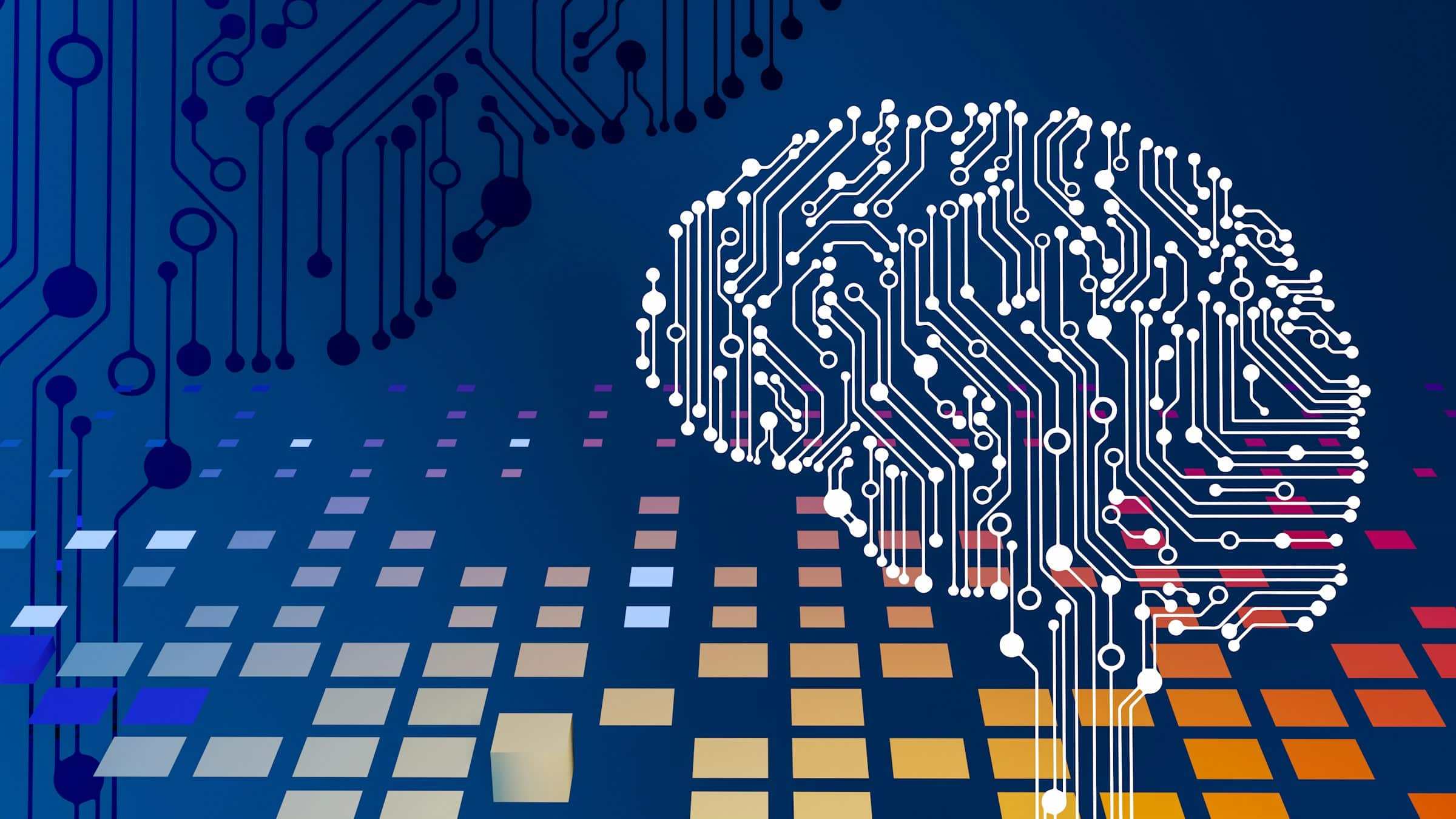How to use AI to enhance the efficiency of energy management systems in smart grids?

In today's rapidly evolving energy sector, the integration of artificial intelligence (AI) into smart grids is revolutionizing how we manage and distribute power. With increasing demand for renewable energy sources and the need for more efficient energy management systems, AI offers promising solutions to optimize energy consumption and ensure sustainable energy practices. This article explores how AI can be utilized to enhance the efficiency of energy management systems in smart grids, providing insightful information for utilities, policymakers, and stakeholders in the energy industry.
The Role of AI in Smart Grid Technology
The smart grid is an advanced power network that utilizes digital communications technology to monitor and manage the flow of electricity. Artificial intelligence plays a crucial role in these smart grids by processing vast amounts of data and making real-time decisions to enhance efficiency and reliability. AI algorithms can analyze consumption patterns, predict demand, and manage the distribution of renewable energy sources.
A lire en complément : How to configure secure communication between IoT devices and cloud services?
One of the primary benefits of AI in smart grids is its ability to process and analyze vast amounts of data from various sources. By employing machine learning algorithms, utility companies can gain insights into energy usage patterns, forecast demand, and optimize the distribution of power. These algorithms can also identify potential issues in the grid, such as equipment failures or energy theft, allowing for proactive maintenance and reducing downtime.
Moreover, AI-powered demand response systems can adjust energy consumption in real time based on supply and demand conditions. For example, during peak demand periods, AI can optimize the distribution of power by temporarily reducing consumption in non-essential areas, thus preventing blackouts and ensuring a stable supply of electricity. This not only improves grid reliability but also enhances energy efficiency and reduces operational costs for utility companies.
A lire aussi : Ai legal support: streamline contracts and reduce stress
Optimizing Energy Consumption with Machine Learning
Machine learning, a subset of AI, is a powerful tool for optimizing energy consumption in smart grids. By analyzing historical data and learning from patterns, machine learning algorithms can predict future energy needs and adjust the distribution accordingly. This proactive approach helps to minimize wastage, reduce costs, and ensure a consistent supply of power.
One of the key applications of machine learning in energy management is the optimization of energy usage in buildings. By integrating sensors and smart meters, AI can monitor energy consumption in real time and make adjustments to reduce waste. For instance, machine learning algorithms can analyze data from HVAC systems to optimize heating and cooling based on occupancy patterns, weather conditions, and energy prices. This not only improves energy efficiency but also enhances the comfort and satisfaction of building occupants.
Another significant application of machine learning in smart grids is the integration of renewable energy sources. By analyzing weather data and predicting the availability of solar and wind power, AI can optimize the use of renewable energy and reduce reliance on fossil fuels. This not only contributes to a cleaner environment but also ensures a more stable and reliable energy supply.
Furthermore, machine learning algorithms can enhance the efficiency of energy storage systems. By predicting energy demand and optimizing the charging and discharging cycles of batteries, AI can ensure that stored energy is used efficiently and reduce the need for additional power generation. This not only lowers operational costs but also extends the lifespan of energy storage systems.
Enhancing Grid Management with AI-Powered Systems
AI-powered energy management systems can significantly enhance the efficiency and reliability of smart grids. These systems leverage advanced algorithms to monitor and control the flow of electricity, ensuring optimal performance and reducing the risk of outages.
One of the primary benefits of AI-powered energy management systems is their ability to perform real-time grid optimization. By continuously analyzing data from various sources, such as sensors, smart meters, and weather forecasts, AI can make informed decisions to balance supply and demand, prevent bottlenecks, and improve overall grid performance. This not only enhances the reliability of the grid but also reduces operational costs and improves customer satisfaction.
Additionally, AI-powered energy management systems can enhance the integration of renewable energy sources into the grid. By predicting the availability of solar and wind power and adjusting the distribution accordingly, AI can ensure a stable and reliable supply of renewable energy. This not only reduces the reliance on fossil fuels but also contributes to a cleaner environment and supports the transition to a more sustainable energy system.
Moreover, AI-powered energy management systems can enhance the efficiency of demand response programs. By analyzing data from smart meters and other sources, AI can identify periods of high demand and adjust the distribution of power accordingly. This not only prevents blackouts and reduces peak demand but also lowers operational costs for utility companies and enhances customer satisfaction.
The Future of AI in Energy Management
The future of AI in energy management holds immense potential for further advancements and innovations. As technology continues to evolve, AI is expected to play an even more significant role in optimizing energy consumption, enhancing grid management, and integrating renewable energy sources.
One of the key trends in the future of AI in energy management is the increased use of predictive analytics. By leveraging advanced machine learning algorithms, utility companies can predict energy demand with greater accuracy and optimize the distribution of power accordingly. This not only reduces wastage and operational costs but also ensures a more reliable and efficient supply of electricity.
Another significant trend is the increased integration of distributed energy resources (DERs) into the grid. With the rise of solar panels, wind turbines, and energy storage systems, AI can optimize the use of these distributed energy resources and ensure a stable and reliable supply of power. This not only supports the transition to a more sustainable energy system but also enhances grid resilience and reduces reliance on fossil fuels.
Furthermore, AI is expected to play a more significant role in enhancing the efficiency of energy storage systems. By leveraging advanced algorithms, AI can optimize the charging and discharging cycles of batteries, ensuring that stored energy is used efficiently and reducing the need for additional power generation. This not only lowers operational costs but also extends the lifespan of energy storage systems and enhances grid stability.
AI is also expected to play a more significant role in enhancing the efficiency of demand response programs. By analyzing data from smart meters and other sources, AI can identify periods of high demand and adjust the distribution of power accordingly. This not only prevents blackouts and reduces peak demand but also lowers operational costs for utility companies and enhances customer satisfaction.
In conclusion, AI is revolutionizing the energy sector by enhancing the efficiency of energy management systems in smart grids. By leveraging advanced machine learning algorithms, utility companies can optimize energy consumption, enhance grid management, and integrate renewable energy sources. This not only ensures a more reliable and efficient supply of electricity but also supports the transition to a more sustainable energy system.
As technology continues to evolve, AI is expected to play an even more significant role in the future of energy management. With increased use of predictive analytics, integration of distributed energy resources, and enhancements in energy storage and demand response programs, AI holds immense potential for further advancements and innovations in the energy sector.
Utility companies, policymakers, and stakeholders in the energy industry should embrace AI-powered technologies to optimize energy consumption, enhance grid management, and support the transition to a more sustainable and efficient energy system. By leveraging the power of AI, we can ensure a brighter and more sustainable future for generations to come.
